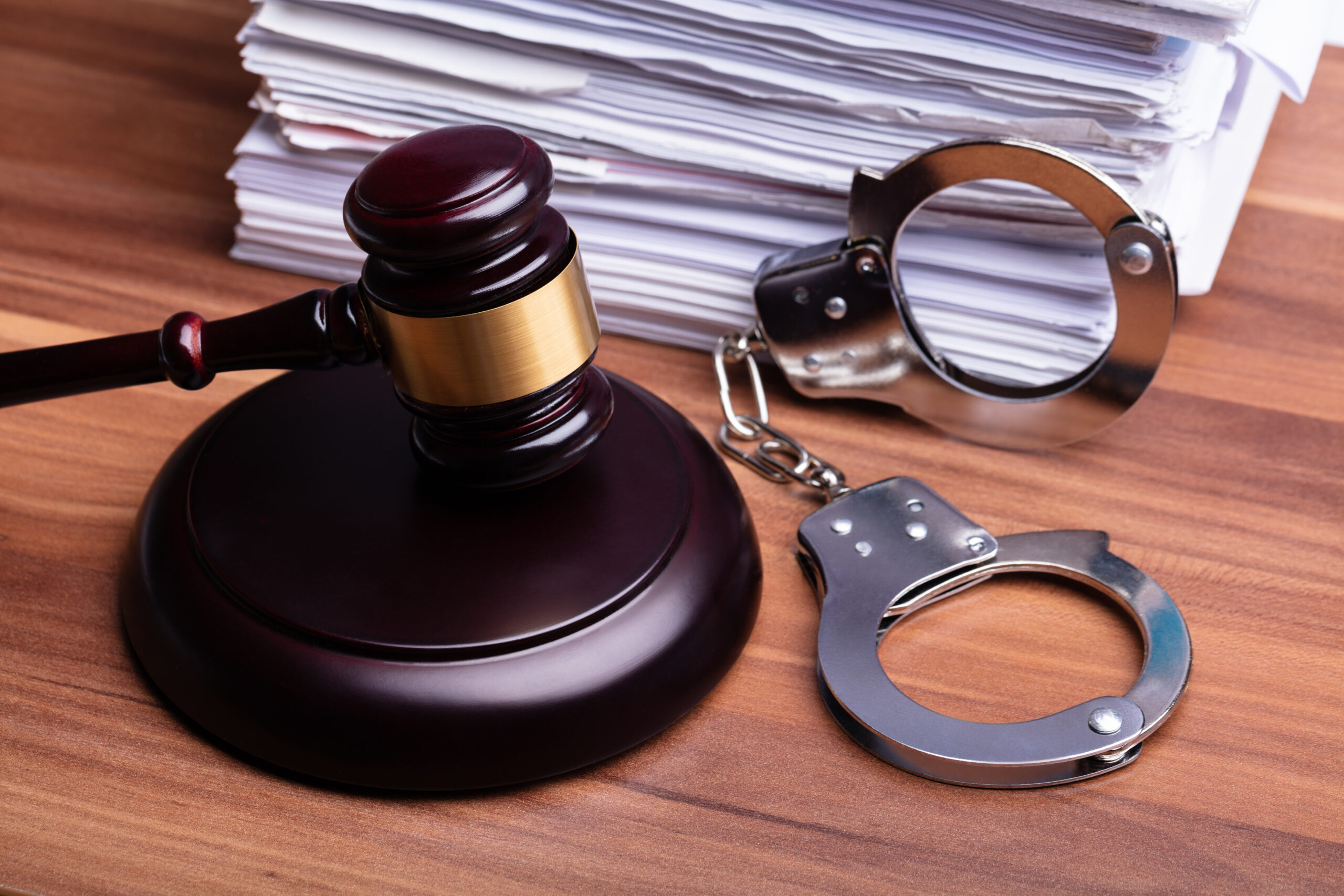
PH: (847) 549-0600 FX: (847) 589-2263 Info@LawJTLG.com

The police are the law enforcement officers mandated to investigate all alleged offenses. They aim to collect sufficient evidence compelling enough for the prosecutor to use in a court of law. When the police ask you to make a statement, issue subpoenas to obtain specific documents, conduct a search, or summon you for questioning, you have not yet been charged in a court of law.
Generally, people believe they should wait until the prosecutor formally charges them in a court of law before hiring a lawyer. This may be too late in many cases. Many people also believe that admitting to committing a crime will make the police easier on them or that they would have nothing to hide if they did not commit it. Others believe they can talk their way out of the situation before getting arrested.
The prosecutor is the one that determines if a case should stand trial and not the police. Just because the police collected evidence does not mean the case will go to full trial. They do their work and present the evidence to the prosecutor, who determines if the case is worth going to the floor of the court.
An experienced lawyer knows the minimum requirements to prosecute someone in court. They may notice flaws in your case or important issues that were overlooked. Armed with the information, they may convince the prosecutor to drop the case before filing the official charges. This may save you the time and cost of defending yourself in court.
Police usually use several underhand techniques to get you to admit that you committed a crime and provide other incriminating evidence. They may pretend to be by your side so you can spill the beans, only for them to use the same statements against you. They will, in no way, help you avoid criminal charges.
Any statements you make and documents you produce during an investigation can be used against you. A lawyer can help you determine what you should or should not share with the police. They help you know when to talk or keep quiet to prevent the police from building a strong case against you.
According to the U.S. constitution, you are protected from unlawful searches. The police must justify why they should search your property or you. Once they have the reason, they must get a mod from the court in the form of a warranty before executing the search.
Unfortunately, the police often overstep their mandate and conduct searches without a warrant. Other times, they check things not indicated in the warrant. Your lawyer checks the warrant documents to determine if there is a justifiable reason for the search or if the police are overstepping their mandate. If not, they can file a court motion to revoke the warrant.
You have rights when being questioned, as explained in the Miranda Warnings. When being Mirandized, you are read these rights by the police. They include the right to remain silent, an acknowledgment that anything you say can and will be used against you in court, confirming your right to an attorney and the state providing one if you cannot afford to hire one, and the right to have all these rights explained to you if you do not understand any of them.
Unfortunately, the police may still want to push you when you decide to keep quiet or fabricate some evidence, consciously or when recording it. A lawyer ensures that all your rights are protected during the questioning. They may object to some questions or tactics used to extract information if they get in the way of your rights.
A lawyer is important throughout your legal journey, from questioning to actual trial and after sentencing. If you have been arrested, summoned, or believe there is a warrant against you, contact your lawyer before you visit the police. Johnston Tomei Lenczycki & Goldberg, LLC has experienced lawyers in Lake County, Cook County and McHenry County that can help you navigate the pre-trial phase of your case to weaken the evidence, have it dropped, or protect your rights throughout the process.
Phone Number: (847) 549-0600
Fax Number: (847) 589-2263
Libertyville Office
350 N. Milwaukee Ave., Ste. 202
Libertyville, IL 60048
Manchester Office
2100 Manchester Road, Suite 920
Wheaton, IL 60187